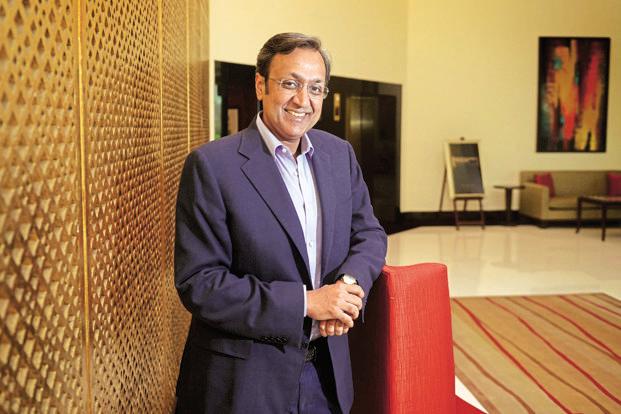We put so much pressure on ourselves to make the right choices, so it’s easy to feel overwhelmed when you start thinking about changing your career path. We ask ourselves what might happen if it doesn’t work out or if we end up unhappy. My advice is to push aside the “what-ifs” about your next career change, and instead think about your capabilities and where they can be most useful.
I just went through a career transition myself—taking on a new role as the head of advisor strategy and development at Merrill Lynch, and leaving my post as the head of human resources. It was a scary shift, but looking at my personal skills helped me realize what a great move it was going to be for me.
Since my skills evolved as my career grew, I’ve never liked bumper stickers or the idea of being assigned to one lane over another. You don’t have to be known by a certain function—human resources in my case. That sense of labeling when it comes to your career can create a barrier to truly understanding your strengths and finding where you’ll succeed. For example, when I thought about what I could bring to the new role, I focused in on what I do well: I’m process-oriented, I have the ability to implement change, and I like playing the role of connector to bring diverse groups of people together to solve an issue. My new position gives me the opportunity to utilize these strengths on a daily basis.
See also: Here’s How You Get Past the Fear of a Career Change
In my new role, I am focusing on bringing new financial advisors into the wealth management field, and it’s fascinating to hear what skills candidates assume are required to be successful. When recent college graduates or those pursuing a second act think about a role in wealth management, for example, they usually think you need to be a business major or have a knack for finance. In reality, our most successful financial advisors come from incredibly diverse fields. And that’s the beauty of the workforce today: You can personalize and leverage your best skills to create the career you want.
Maybe you’re good at digesting complex topics, or maybe you’re the fastest reader in the office. Your skills don’t necessarily have to be technical—confidence and the willingness to become a proactive learner can take you far. Believe in your own capabilities to learn more. When thinking about making a move, research and connect with people to get a sense of what skills you’ll need to develop and expand upon. If you’re good at one thing, it doesn’t mean you can’t learn something else. Also, talk with others to build your confidence and seek reassurance—sometimes it’s great to check in with those who know you best and ask them what they think your strengths are. Conversations are essential.
Don’t let a bumper sticker mislead your career path. Think about your overall happiness in life—what factors will make you happy when you walk into the office each morning? Establish what’s important to you and embrace opportunities to build your skills, even if it’s challenging or uncomfortable. My technical training in HR was just a fraction of all of the skills I learned while working in the field for the past 16 years.
If you take off the label, you might find that you’re not as afraid to try something different. And although it might be a new place with new people, you’ll be applying the same skills you’ve worked hard to develop.
[Source:-Fortune]



